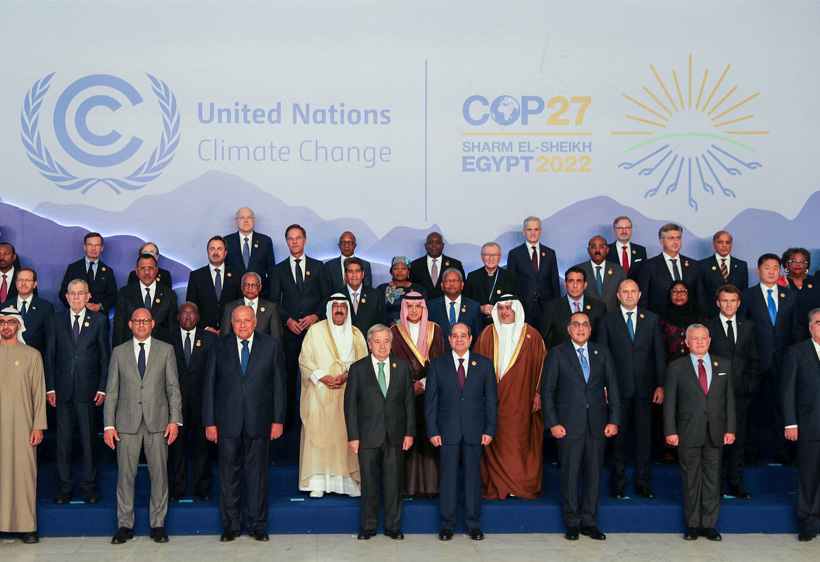The 27th Conference of Parties (COP27) transpired in Egypt in 2022. Billed the African or implementation COP, it took place amid urgent concerns about the increasing rather than decreasing global warming despite commitments by all parties to cut emissions. COPs monitor how countries individually and collectively manage the shift from high-carbon to low-carbon economies. All countries have committed to combat climate change as equal partners, despite some being far more polluted than others. It is, however, clear that the nations do not have the same financial, technological, institutional, systematic and human resources capabilities to make that shift. Several challenges require fixing to ensure that commitments transform into practical steps necessary to cut carbon emissions. Most (if not all) African countries cannot fulfill their Nationally Determined Contributions (NDCs), despite their commitment.1 There is consensus at the United Nations Framework Convention on Climate Change (UNFCCC) that least-developed countries need financial and technological assistance from developed countries to become active participants in the fight against climate change. For the past decade, developed countries have not fulfilled their promise. The UN has asked developed countries to contribute the most towards cutting emissions on their home ground “as they are the largest contributors of past and current greenhouse gas emissions.”
On the contrary, it has become apparent that developed countries are not ready to make the necessary shift, partly due to the Russia-Ukraine conflict. Instead, developed countries have increased their investment in fossil fuels at home and abroad. Meanwhile, African countries are demanding preferential treatment, especially in the use of fossil fuels, to ensure that the development impulse of recent decades is not interrupted. The global fight against climate change suffers from a lack of implementation. Countries make promises and set goals but fail to allocate sufficient financial resources to ensure the attainment of goals. The Intergovernmental Panel on Climate Change warns that “many changes in the climate system, including extreme events, will become excessive in the near term with the increasing global warming. Multiple climatic and non-climatic risks will interact, resulting in increased compounding and cascading impacts becoming more difficult to manage. Losses and damages will increase with increasing global warming, while excessively concentrated amongst the poorest vulnerable populations (high confidence). Continuing with current unsustainable development patterns will increase exposure and vulnerability of ecosystems and people to climate hazards (high confidence).”2 This paper analyses the general outcomes of COP27, and specifically, how it advanced Africa’s interests and those of poor African communities. It then discusses how Africa should prepare itself for COP28.


